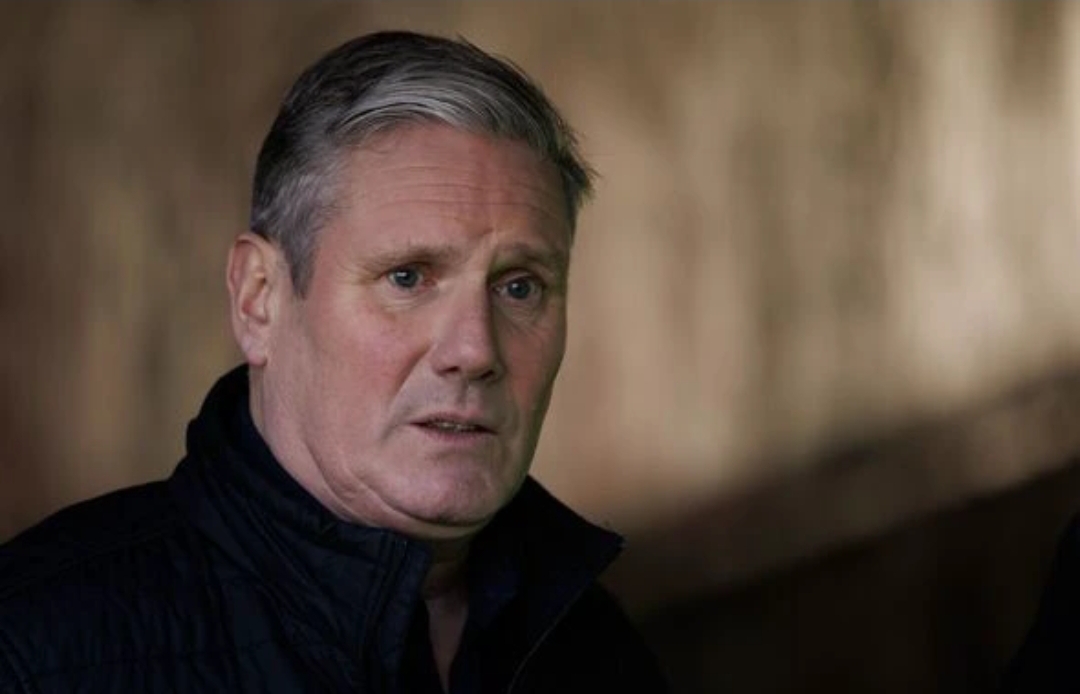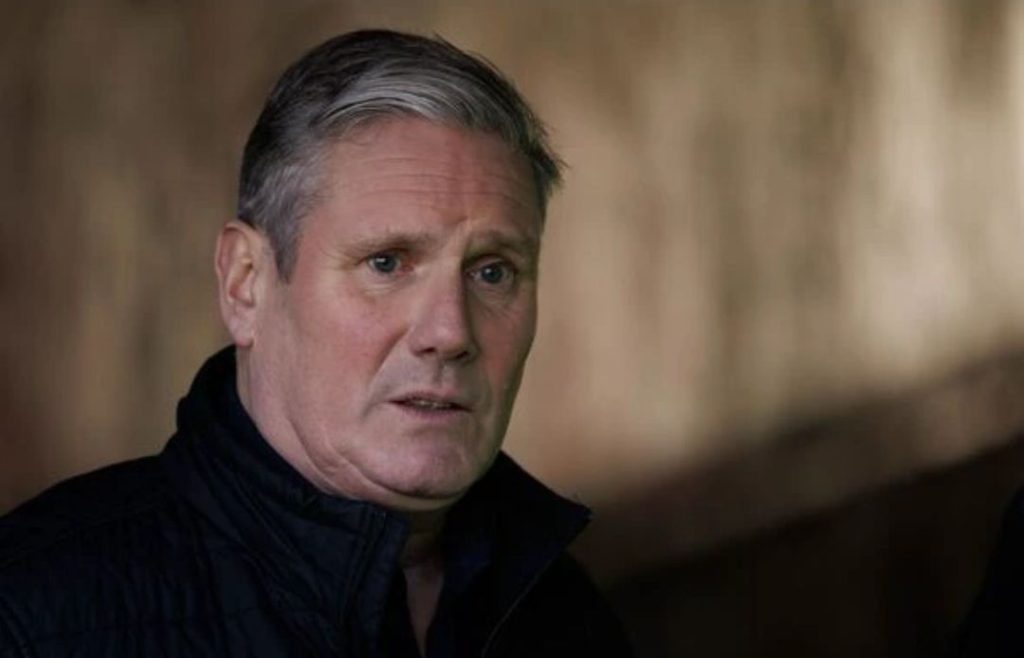
In a surprising turn of events, the Labour Party faced a setback in the Crewe Central (Cheshire East) council by-election, as the Tories gained ground, signaling a potential threat to Labour strongholds. The defeat prompted Elliot Hammer, Chairman of the Tottenham Conservative Association, to assert that “no Labour seat is safe,” highlighting an 18 percent drop in Labour’s vote share and questioning the party’s prospects in the upcoming General Election.

According to The Daily Express, Local businessman Roger Morris secured victory for the Conservatives by winning the traditionally Labour-held seat, polling 335 votes against Labour’s Kim Jamson, who received only 277 votes. Cllr Morris expressed delight, attributing the success to effective teamwork. The unexpected loss in a once-safe constituency raises concerns for Labour’s leadership, particularly for Sir Keir Starmer.
Adding to the challenges faced by Labour, criticism emerged over a recent U-turn on their Green Prosperity Plan. Originally pledging £28 billion annually for green spending, Sir Keir Starmer decided to reduce the commitment to £23.7 billion over a five-year period. This shift in policy drew sharp criticism from political opponents, with Prime Minister Rishi Sunak accusing Starmer of lacking a coherent plan for Britain.
Prime Minister Rishi Sunak seized the opportunity to question Labour’s credibility, stating, “Sir Keir Starmer has confirmed he doesn’t have a plan for Britain.” Sunak emphasized the uncertainty surrounding Labour’s policies, portraying it as a genuine risk to the country’s future. The PM argued that Labour’s initial £28 billion pledge was economically unsound, with no clear plan on how to fund it, potentially leading to higher taxes for the working population.
The scrutiny extended to the media, with BBC presenter Charlie Stayt challenging Shadow Chancellor Rachel Reeves about the abrupt change in Labour’s green spending pledge. Stayt questioned the credibility of the party’s commitments, pointing out the stark contrast between their initial determination and the subsequent U-turn. This public questioning adds to the internal discontent within the Labour Party, with some members expressing dissatisfaction over the leadership’s decisions.
Despite external criticism, some within the Labour Party, such as shadow Energy Secretary Ed Miliband, defended the decision to modify the green spending pledge. Miliband asserted that Labour continues to maintain a strong stance on climate and energy policies. He emphasized that the party would approach the next general election with a “world-leading agenda,” highlighting the confirmation of every individual policy in the manifesto.
The recent council by-election loss and the controversial Green Prosperity Plan U-turn have presented significant challenges for Sir Keir Starmer and the Labour Party. The defeat in a traditionally safe seat raises questions about the party’s strategy and its ability to retain support in key areas. The scrutiny from both political opponents and media further complicates Labour’s position, putting the leadership under pressure to provide clear and consistent policies as the General Election approaches.




